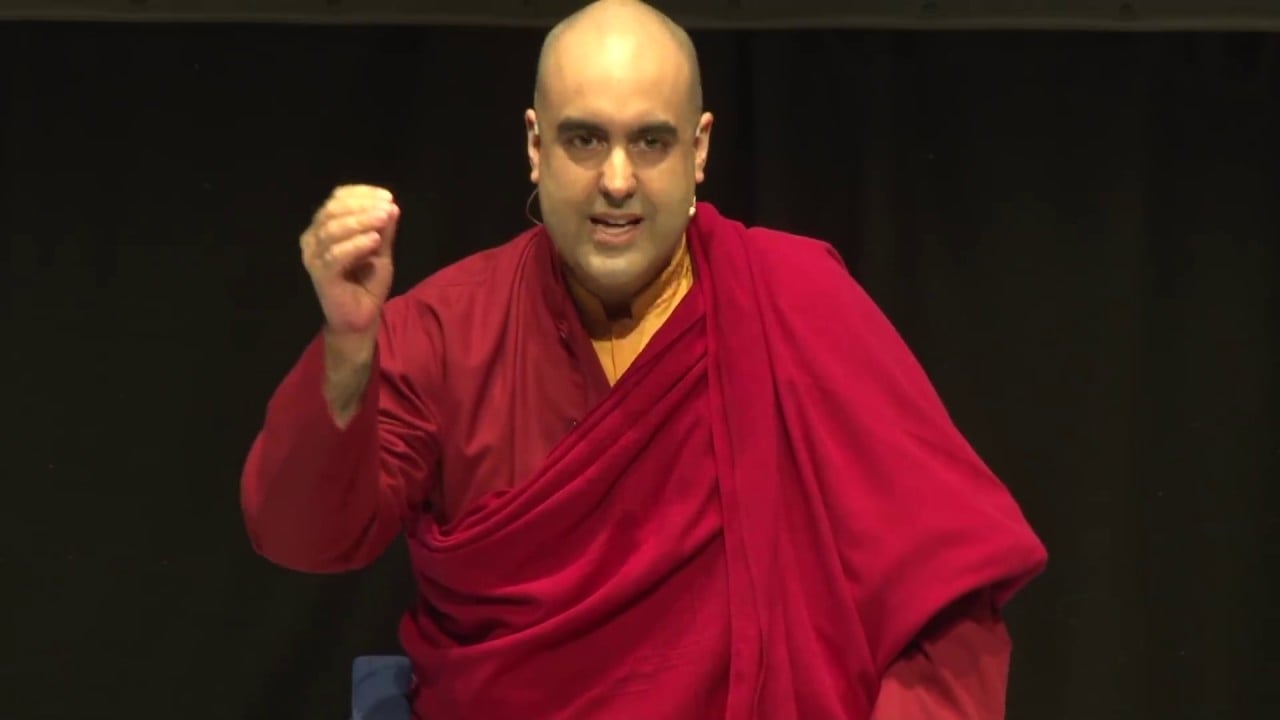- cross-posted to:
- meditation@lemmy.world
- buddhism@lemmy.world
- cross-posted to:
- meditation@lemmy.world
- buddhism@lemmy.world
cross-posted from: https://lemm.ee/post/3024344
This is a video I watched a while ago, but I remember enjoying it so thought I’d share it.


With respect, you are not your thoughts. Observing the present moment is not thinking. These are things you learn through a long-term and dedicated meditation practice. Keep practicing! 😊🙏🏻
Probably. My concern is that I cannot understand what exactly “observing” practically means, especially observing own thoughts. Thinking about these thought? What exactly process it is and how one can do it. Concentrate on breathing? No problem, but this means things about it, at least according to my understand of “thinking”.
Can you share any practical recomendatuons?
“The mind commands the body and it obeys. The mind orders itself and meets resistance.”
Practically, I would recommend learning about chakras and meditating on them moving from the bottom up over the course of a 5–10 minute meditation and build from there.
I’ve usually heard observing described as simply not following your thoughts, and letting them pass, possibly even “labeling” them. Not getting caught up in following them. When I meditate, I’m constantly becoming aware that I’m lost in thought, over and over again. So when I realize I’m thinking/lost in thought, I just observe that I was thinking and then go back to the breath. Don’t judge yourself for getting lost (that’s just more thinking), just go back to the breath. Hope this is somewhat helpful!
Thanks. This sounds like “proactively” thinking about thoughs which “chaotically/automatically” come in your mind and forcing yourself to stop diving in them. Labeling them is a thinking process as well (find a proper label is thinking)
I’m absolutely fine with this process, and this is more or less what I try to do myself.
What I can not get is the language and terms which are used in this context.